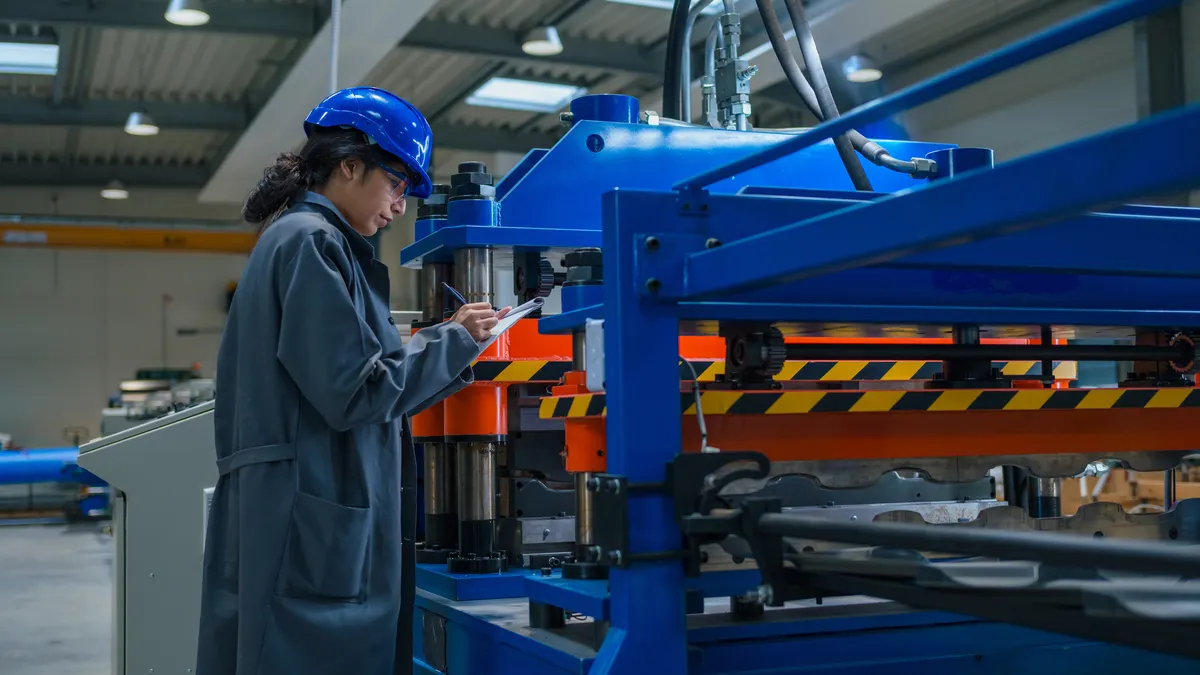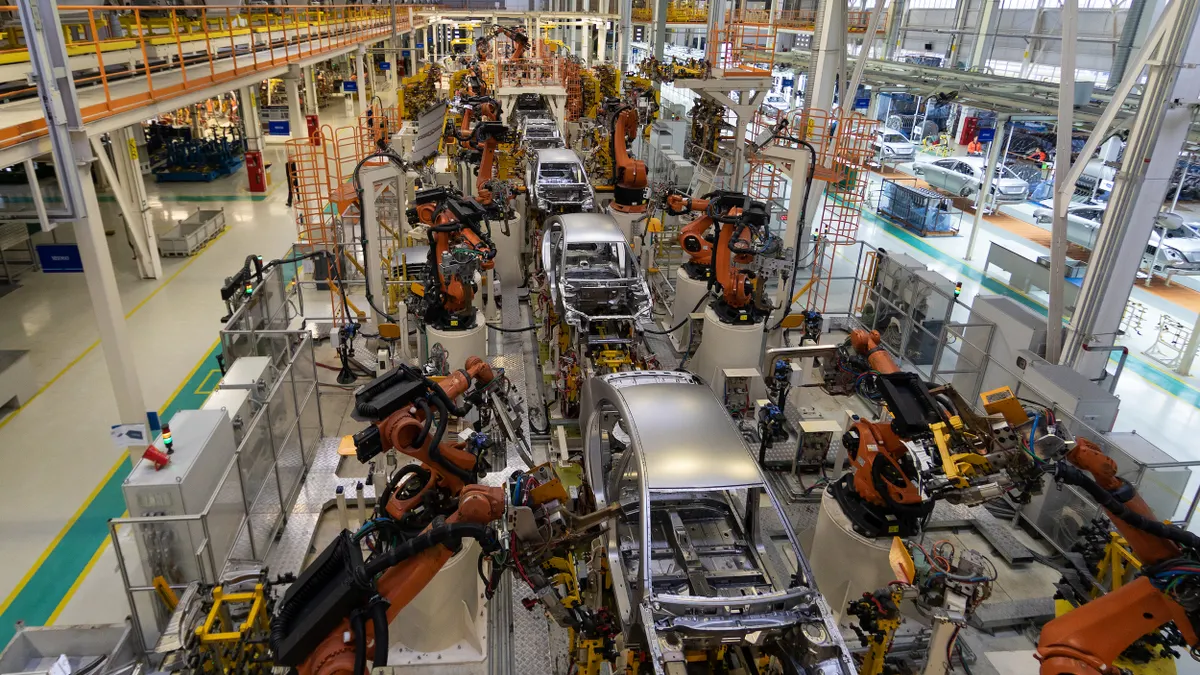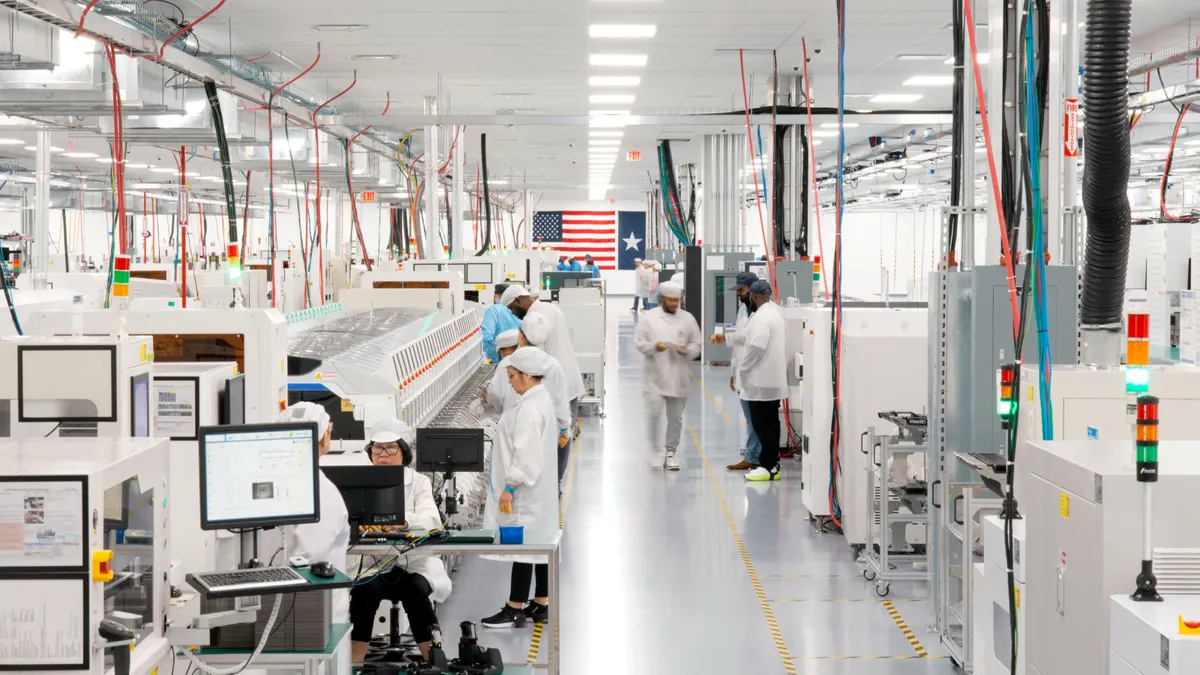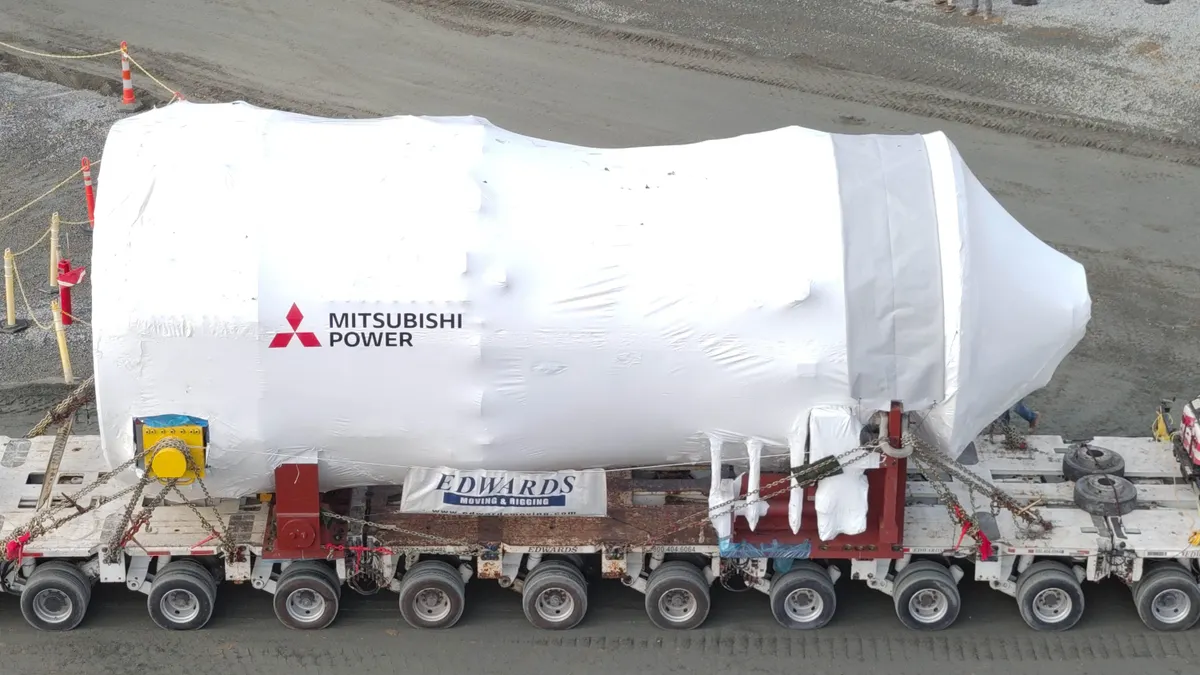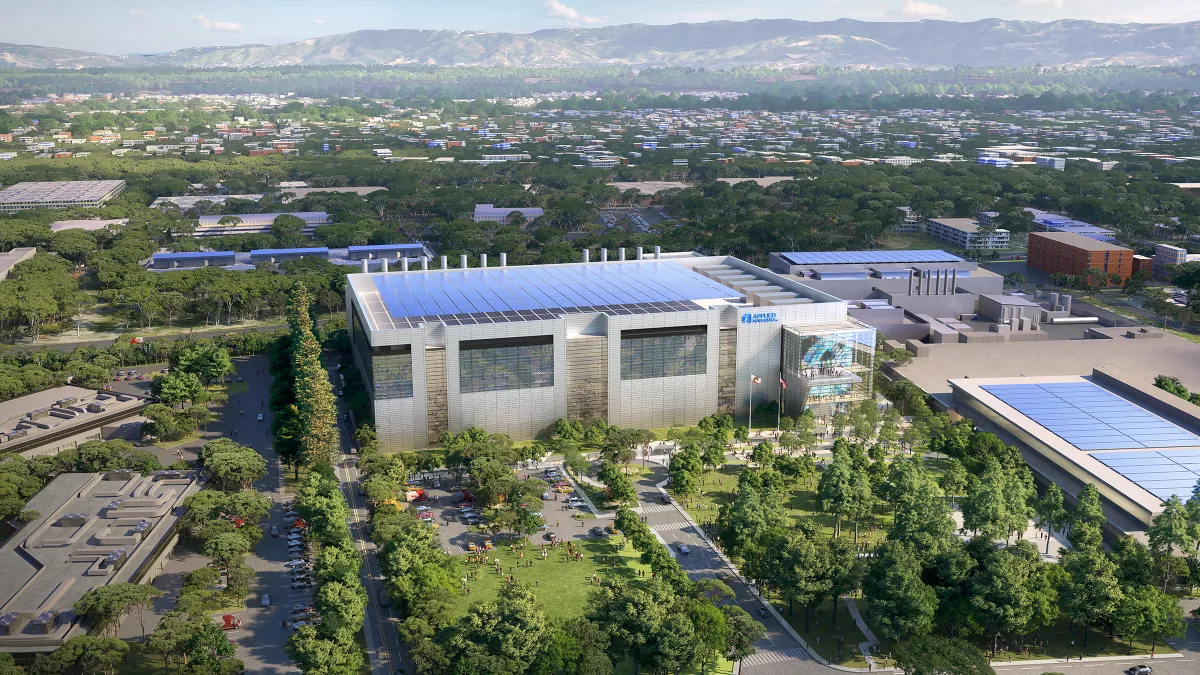Matteo Neri is a production manager at license plate manufacturer LicenSys Group and the author of “Beyond the Assembly Line.” Opinions are the author’s own.
In the rush to modernize, manufacturers are investing billions into artificial intelligence, automation and digitization. From predictive maintenance to real-time supply chain dashboards, the fourth Industrial Revolution is in full swing.
But we are ignoring a quieter crisis that technology alone cannot fix — the erosion of purpose on the shop floor.
As a production manager with more than a decade in the manufacturing industry, I’ve seen firsthand that factories can operate with technical precision and still lose their soul. And when they do, productivity may continue, but engagement, innovation and resilience falter.
It is time for manufacturing leaders to recognize that what we produce, how we produce it and most importantly, why we produce it, must be reconnected. This is not just a philosophical idea, it is a strategic imperative.
The productivity myth
Much of modern manufacturing strategy revolves around squeezing more output from existing systems. Lean principles, six sigma and overall equipment efficiency dashboards are all valuable tools, and all ultimately aimed at efficiency.
Efficiency, however, is not the same as effectiveness.
When a factory produces perfectly but for the wrong reasons, or with a disengaged workforce, it becomes vulnerable to external shocks, internal waste and poor decision-making. In the past few years, we have seen this play out across global supply chains. Agile companies with a strong internal culture rebounded faster; those operating in a vacuum of meaning struggled.
Efficiency cannot substitute for purpose.
I manage production in a facility that manufactures government-issued number plates — products that, at first glance, seem mundane.
But when our team reframed the work around public safety, traceability and civic infrastructure, something changed. Workers who once saw themselves as simply pressing metal began seeing their role as essential to road safety, vehicle registration and even crime prevention.
This was not branding. It was a genuine reorientation of purpose. And it resulted in fewer defects, greater team cohesion, stronger problem-solving and more initiative from both operators and team leaders.
Purpose is not a feel-good concept. It creates a framework for better daily decisions. And in a high-variability environment, that is worth more than a thousand data points.
The war for talent is also a war for meaning
Manufacturing is facing a talent crisis. Skilled trades are declining. Young workers are not inspired by repetitive or isolated tasks. Automation will fill some of these gaps, but not all.
If we want the next generation to choose a career in manufacturing, we must offer more than stable hours and good wages. We must offer meaningful work.
Research supports this. According to a 2023 McKinsey study, 70% of frontline workers in operations roles say they would be more productive if they felt more connected to the purpose of their company. Similarly, Deloitte’s 2024 Human Capital Trends survey found that purpose-driven cultures are twice as likely to retain top talent.
Manufacturers that can clearly articulate why their work matters — to society, to the economy and to the environment — will win this war for talent.
Too often, corporate purpose is confined to laminated posters or annual reports. It rarely makes it to the production line.
To be effective, purpose must be operationalized. Tie daily decisions to strategic impact: For example, don’t just track waste, explain how reducing it supports national sustainability goals. Empower frontline leadership so that supervisors can understand and communicate the company’s purpose, not just enforce KPIs.
Incorporate purpose into onboarding and training so new hires understand not just how to do the job, but why it matters. Finally, incentivize for aligned behavior, recognizing not just speed or output, but also initiative that supports long-term values.
This is not a replacement for performance management — it is an enhancement.
The conversation around Industry 4.0 often misses this human dimension. Digital transformation is vital, but without a purpose-led culture, technology can accelerate misalignment.
Smart factories require smart people, making smart decisions. And smart people need meaning in their work.
A machine can optimize a task. But only a person can choose to stop production because the quality does not meet ethical standards. Only a person can coach a struggling team member. Only a person can question whether the product being made still serves the public good.
Digital tools give us leverage. Purpose gives us direction.
Manufacturing’s role in society is too important to ignore
The world is asking more of manufacturers: environmental responsibility, local economic development, supply chain transparency and equitable work environments.
These are not public relations challenges, they are design challenges.
A purpose-led approach does not reject technology. It uses it in service of values. It connects the engineer in research and development, the machine operator on the floor and the CEO in the boardroom around a shared mission.
If we get this right, we do not just improve margins. We elevate the role of manufacturing as a force for public good.
The future of manufacturing is not just digital, it is directional. And the direction must be shaped by purpose.
Those who lead with meaning will build more adaptive systems, retain more talent, and earn more trust from customers, employees and communities alike.
It is time we bring purpose back to the production line.


